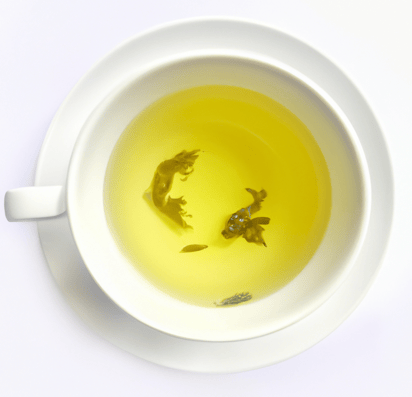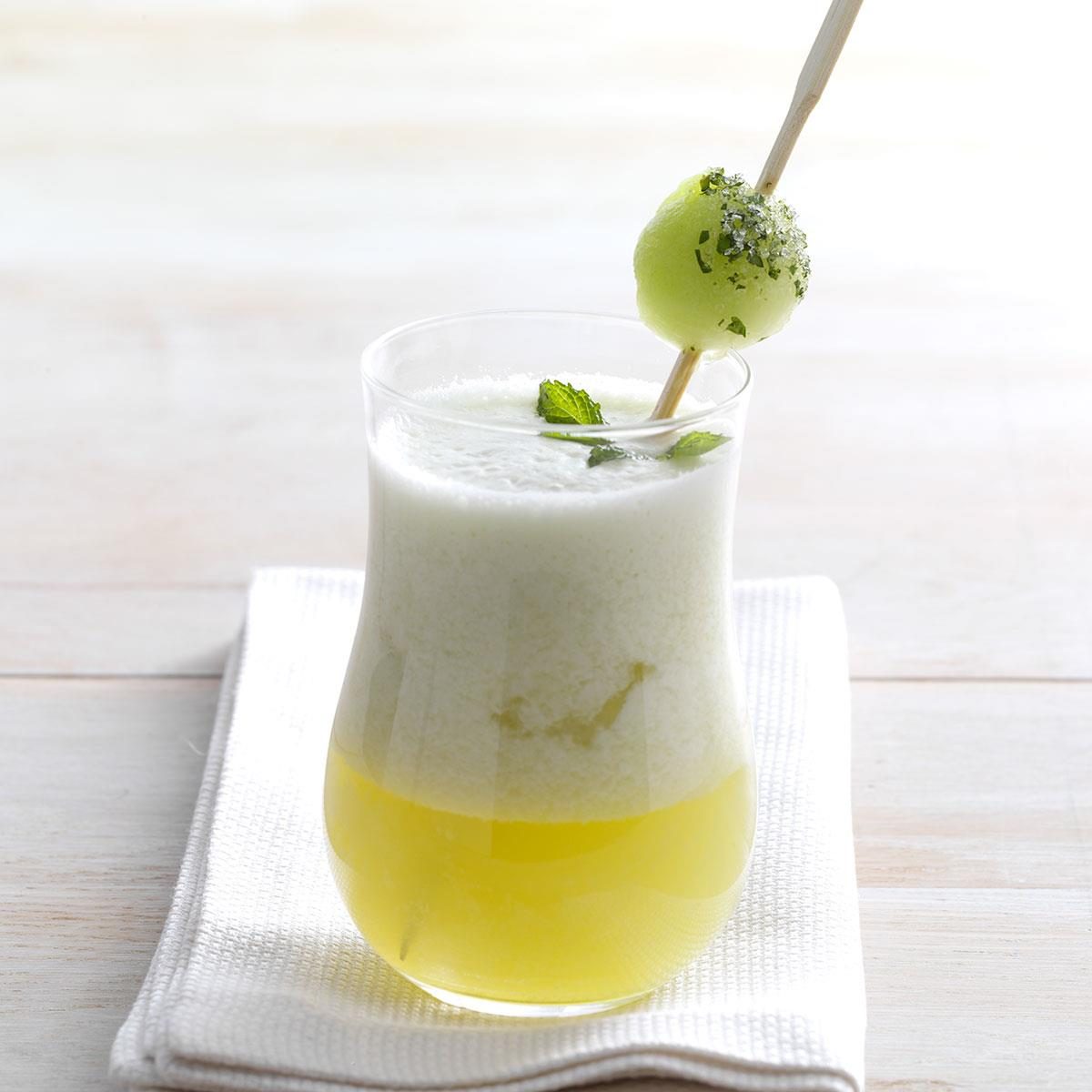Green Tea: Important Facts, Health Benefits, and Recipes
Explore the world of green tea, its health benefits, history, and culinary uses in our ultimate guide, and become an expert in this antioxidant-rich beverage.

Best Green Tea Recipes
-

-
:max_bytes(150000):strip_icc()/SES-hot-toddy-759692-hero-01-ecdda280c5034ca3959bccd4d7025db5.jpg)
-
:max_bytes(150000):strip_icc()/__opt__aboutcom__coeus__resources__content_migration__serious_eats__seriouseats.com__recipes__images__2014__08__20140825-frozendaiquiri-peach-elana-lepkowski-0285386a7c344637b3de52fec3700782.jpg)
-
:max_bytes(150000):strip_icc()/__opt__aboutcom__coeus__resources__content_migration__serious_eats__seriouseats.com__recipes__images__2013__03__20130317-244846-green-tea-cynar-d79a023ed1fd469c90a68cd2ba8a364e.jpg)
-
/avocadoicecream-578d437f5f9b584d202bb018.jpg)
-
:max_bytes(150000):strip_icc()/green-tea-pouring-166607747-5820fe1b5f9b581c0baeea16.jpg)
-
:max_bytes(150000):strip_icc()/Ujikintoki-5844c6d93df78c023040af19.jpg)
-
:max_bytes(150000):strip_icc()/mochi-ice-cream-4774620-hero-03-97d36e50250e46929f2e64171f4110c7.jpg)
-
![Fruity Green Tea Smoothie Recipe Image]()
-
![Magic Turmeric Tea Recipe Image]()
-
![Easy Mint Green Iced Tea Image]()
-
-
![Blueberry Green Tea Smoothie Image]()
-
![This Frozen Drink Tastes Like the Tropical Vacation We All Need Image]()
-
![Copycat Starbucks Pink Drink Image]()
-
![Brandy Slush Image]()
-
![Iced Honeydew Mint Tea Image]()
-
![Ginger Tea Drink Image]()
-
![Iced Melon Moroccan Mint Tea Image]()
-
![Hot Spiced Green Tea Image]()
-
![Lemon Thyme Green Tea Image]()
-
![Luscious Lime Slush Image]()
-
![Whiskey-Brandy Slush Image]()


/fruity-green-tea-smoothie-recipe-765438-Hero_02-3205b9e33f8b40b48cc4a6c2f8ee92d4.jpg)



:max_bytes(150000):strip_icc()/20230906-SEA-PinaColada-TwoBites-05-f9bdbe04d71447cea1822fe11fdf703e.jpg)








